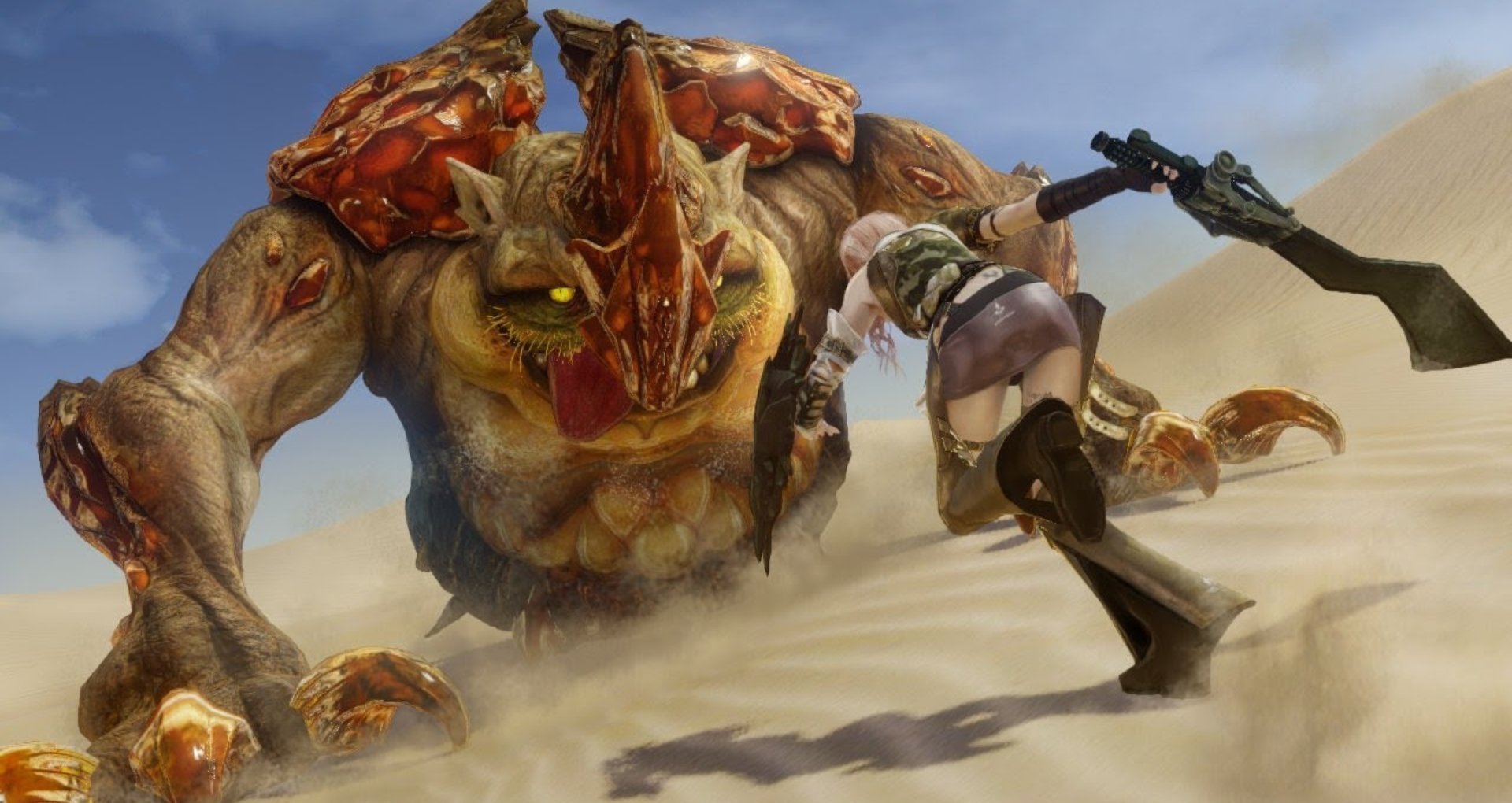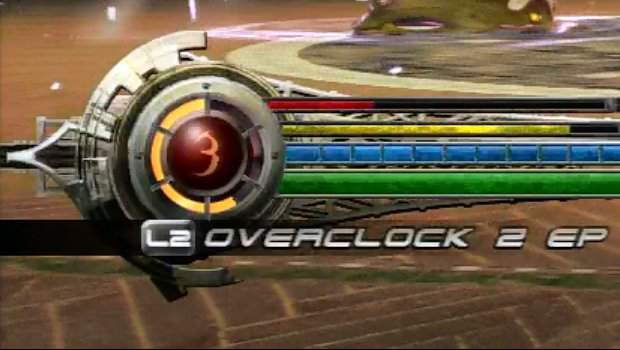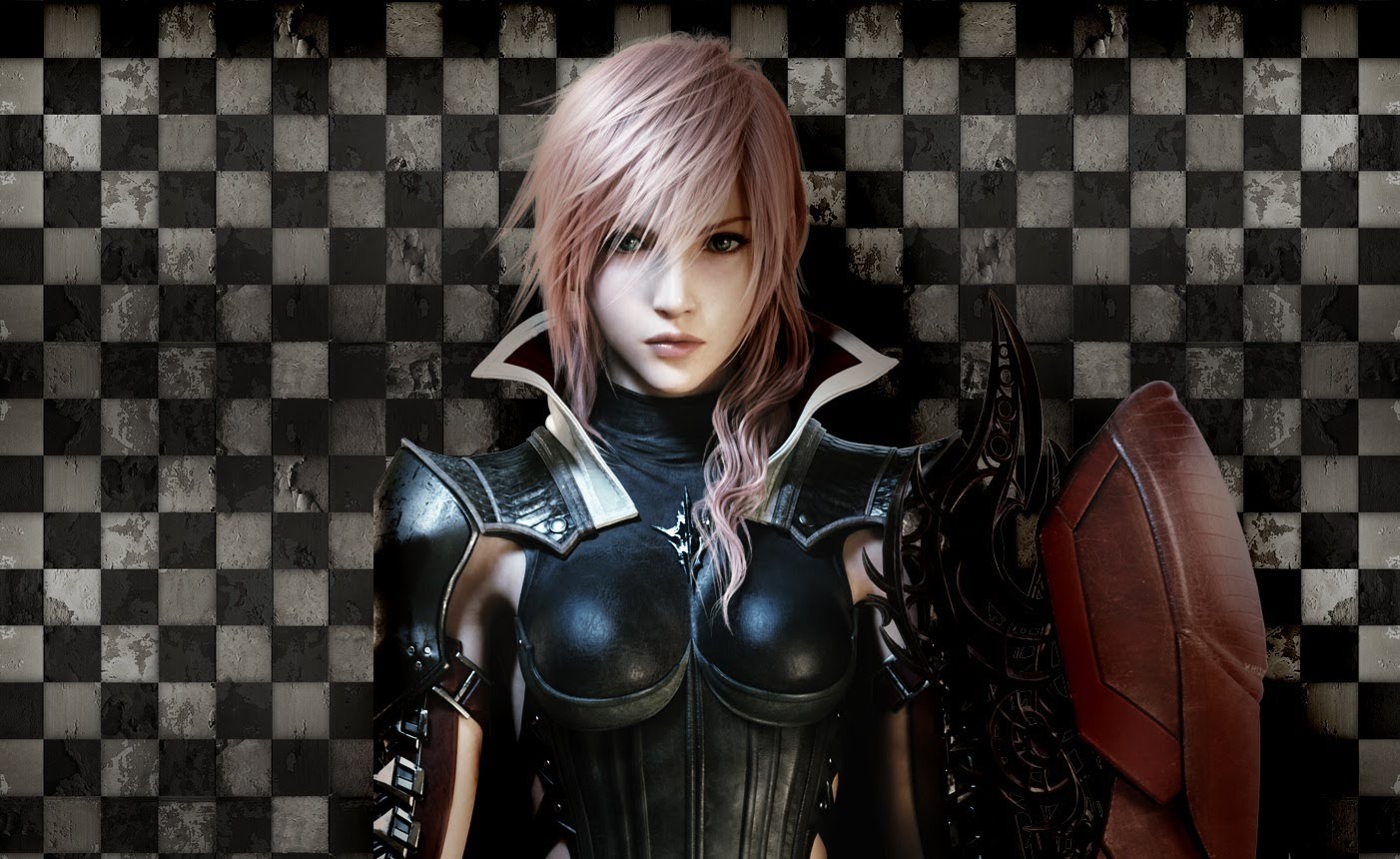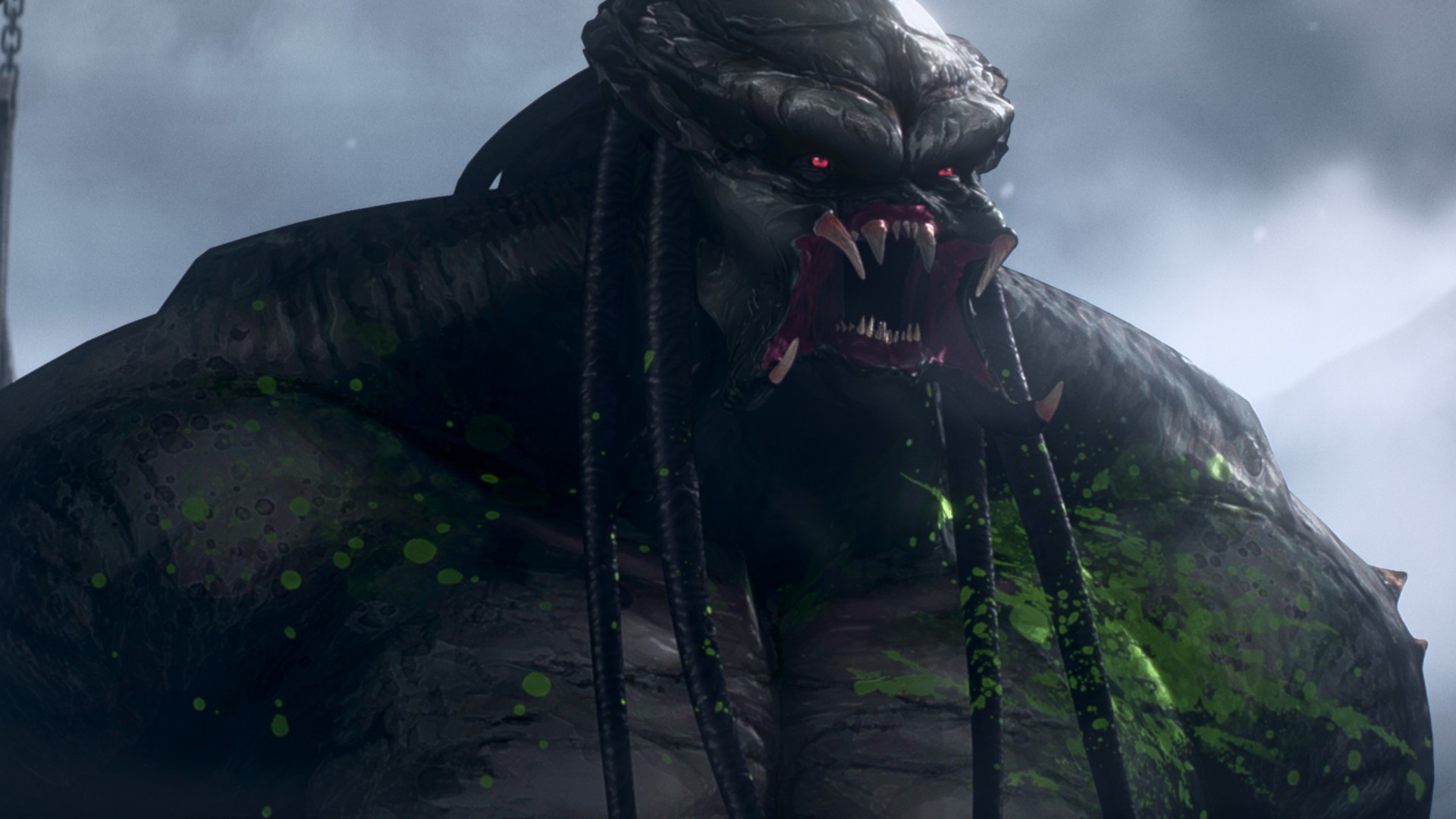GamesRadar+ Verdict
Pros
- +
Fun
- +
challenging combat system
- +
Non-linear approach
- +
Interesting story that explore💫s various religious theme𝔉s
Cons
- -
So many boring fetch quests
- -
Most of the environments feel lifeless
- -
Absurd difficulty spikes
Why you can trust GamesRadar+ Our experts review games, movies and tech over countless hours, so you can choose the best for you. 澳洲幸运5开奖号码历史查询🍎:Find out more about our reviews policy.
The awesome premise: I'm Lightning, God's chosen savior, sent forth to a dying world. My job is to save the souls of the doomed so they can be reborn when the planet is made anew. The not-so-awesome reality: I'm Lightning, wearing a bikini because it gives me +10 strength. My job is to help save the souls of the doomed, but in practice that means helping some kid find his lost rubber ball, which is located somewhere in a sizable city. In return, I get his soul and a marginal HP increase, which I desperately need becausᩚᩚᩚᩚᩚᩚᩚᩚᩚ𒀱ᩚᩚᩚe the boss at the end of the quest hub is kicking my ass. Repeat this for 30 hours and you have the bas♛ic gist of how Lightning Returns: Final Fantasy XIII plays. The end result is an experience that fluctuates between somewhat enjoyable and frustratingly tedious, and it's more often the latter than the former.
Lightning Returns' primary issue is that its structure just isn't fun. It works like this: An in-game clock counts down toward the world's end; for every quest you complete, you save a soul. Gather enough souls, and you add an extra day to the clock, up to a maximum of 13. Problem is, while some of these quests are entertaining, most are mundane and outright silly in light of the dire situation Lightning faces. At first you'll be eager to save the souls of citizens in need--until you find out doing so usually means finding a trinket they conveniently dropped in a back alley full of monsters. When a little girl asks you to find her missing doll, you'll a) wonder why the world's savior would waste time on such a trivial task, and b) lose precious hours fruitlessly searching for the damn thing (which, by the way, is hidden on top of a random crate on the other end of the city). The structure of progression becomes a counterintuitive cycle: burn time completing fetch quests to get more time to burn completing fetch quests.
Ignoring these quests isn't an option, either, because completing them is the only way to increase Lightning's hit points and combat stats--a necessary step to get through the main story. There's no traditional leveling up; all you get for defeating monsters is cash and items. That's fine when you're hunting those items for quests🔜, but I was more inclined to avoid most battles when I knew the only gains to be made were a handful of pennies and monster pelts that sell for next to nothing.

To its credit, Lightning Returns at least gives you a fairly large world to explore and a genuinely compelling main storyline. The narrative explores interesting religious themes, and its premise is surprisingly dark in a way that makes you want to care about what's going on. Your journey to see it 𒀰through will lead you to each of Lightning Returns' four large quest hubs, which range from bustling cities to lush forests to sandy deserts. This is by no means a linear game; you can travel between the zones freely, and choose to tackle their main quest components in whichever order you like. The flexibility is great, especially when you get stuck on quests in one of the zones and decide to try your luck in another.

A resource called Energy Points, or EP, is extremely useful during your journey. You can use EP to heal, tem🐎porarily freeze the ever-tic👍king clock, or initiate Overclock mode during battle, which allows you to unload tons of damage without using up an ATB gauge. Though EP is slowly replenished by winning fights, it's a limited resource, so you'll have to think a lot about how best to use it.
More info
| Genre | Role Playing |
| Description | The finale of Lightning's personal story. |
| Franchise name | Final Fantasy |
| UK franchise name | Final Fantasy |
| Platform | "Xbox 360","PS3" |
| US censor rating | "Teen","Teen" |
| UK censor rating | "","" |
| Release date | 1 January 1970 (US), 1 January 1970 (UK) |
Ryan was once the Executive Editor of GamesRadar, before moving into the world of games development. He worked as a Brand Manager at EA, and then at Bethesda Softworks, before moꦗving to 2K. He briefly went back to EA and is now the Director of Global Marketing Strategy at 2K.




